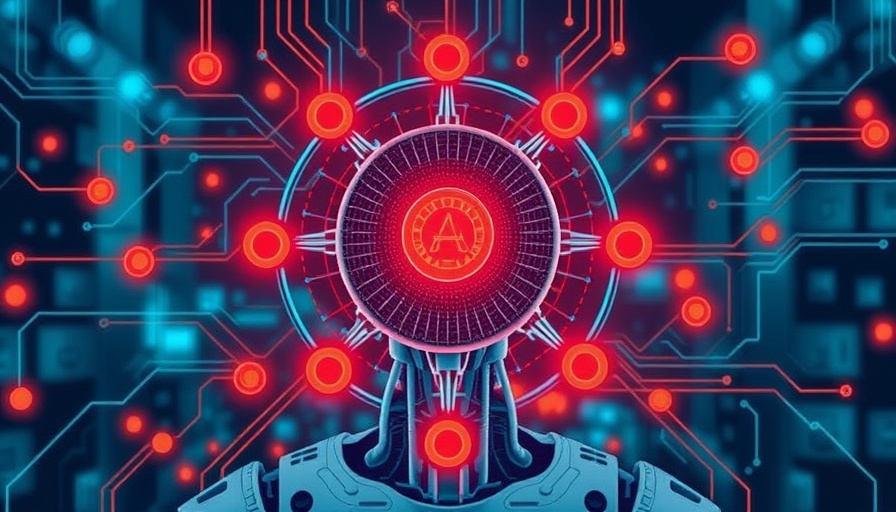
The Coming Transformation: AI's Impact on Jobs by 2030
As we look toward the next decade, the workplace is poised for significant changes driven by the advancements in artificial intelligence (AI). While fears of job displacement loom large, a closer examination reveals that these shifts will also create new opportunities and demand for uniquely human skills. Understanding how AI will reshape the landscape of employment is essential for anyone looking to thrive in this evolving environment.
What's Changing? The Roles at Risk
AI's capacity to automate tasks is well underway, particularly impacting jobs that involve routine work. Within the realms of content creation, administration, and customer service, many current roles are likely to be transformed or even eliminated. For instance, entry-level content writers may find themselves superseded by AI systems capable of generating acceptable-quality articles and marketing materials more efficiently.
In marketing, AI tools are already adept at creating visually appealing content, crafting ad copy, and even generating visual assets that can captivate audiences without human intervention. Similarly, in customer service, AI chatbots are increasingly handling basic inquiries, reducing the demand for human operators in these roles. These trends signal a broader shift towards efficiency in industries where repetitive tasks can be automated, leaving professionals to focus on more complex and creative endeavors.
The Emergence of New Job Roles
While many roles may be at risk, the rise of AI is also paving the way for new career paths. By 2030, we may see a surge in demand for positions that require overseeing AI-driven processes, ensuring ethical practices in AI integration, and managing the collaboration between machines and human workers. These roles cater to the need for not just technical expertise but also a deeper understanding of human interaction, creativity, and emotional intelligence.
For example, AI trainers, policy advisors, and ethicists will become crucial in guiding how AI interacts with everyday life. As society adapts to these technologies, professionals who can bridge the gap between AI capabilities and human needs will find themselves invaluable.
Skills to Cultivate for the Future
To prepare for this AI-augmented workforce, individuals must focus on developing skills that machines can't replicate. Creativity, strategic thinking, problem-solving, and emotional intelligence are becoming increasingly sought after. The ability to innovate and inspire will serve as a foundation for those navigating this new employment landscape.
Moreover, learning to collaborate effectively with AI will be pivotal. As professionals find themselves working alongside AI-driven systems, they will need to leverage these tools to enhance their productivity, enabling themselves to focus on higher-level tasks that require human insight.
Conclusion: Embrace the Change
The transformation of the job market brought about by AI may seem daunting, but with the right mindset and preparation, individuals can set themselves up for success. Adaptability and a commitment to lifelong learning will be key in navigating the ups and downs of this transition.
As we consider the exciting prospects of new roles emerging from AI advancements, it's also a great time to reflect on personal growth and professional development. Embrace this shift as an opportunity rather than a threat. To bypass AI detection and enhance your skills further, check out Prompt 2 Human, a resource aimed at keeping you ahead in this evolving landscape.
 Add Row
Add Row  Add
Add 




 Add Row
Add Row  Add
Add 

Write A Comment